Stretching a tight budget might seem challenging, but it's possible with some clever tactics. Imagine managing to live well while spending just $10 a day. It sounds like a challenge, but you can make it work with a few smart moves. Here are 10 tips to help you save more money for a rainy day while still living your life to the fullest.
Plan with a Shopping List

Credit: pexels
Have you ever had a cart full of things you didn't need? That's where a shopping list comes in handy. Jot down what you need as you run low, and stick to the list when you shop. This simple habit cuts back on impulse buys and saves you from making extra trips for forgotten items. Plus, it keeps your pantry organized and your spending in check.
Minimize Supermarket Visits
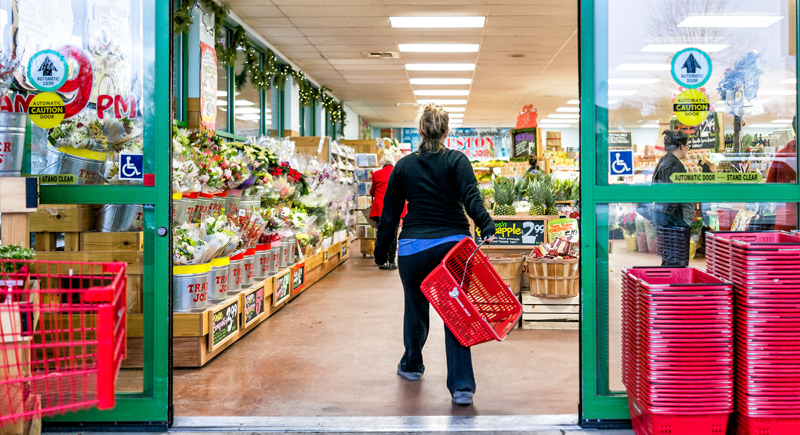
Credit: iStockphoto
Try to hit the supermarket less often. Each visit is an opportunity to buy things you don't really need. If you run out of something, get creative with what you have instead. Buying powdered milk to stretch out your supply is a clever trick that keeps you from frequent store runs. And hey, fewer trips mean saving on gas and avoiding those tempting impulse buys.
Rethink Breakfast Cereals

Credit: pexels
Cereal is easy but pricey and not that nutritious. Oatmeal, homemade muesli, or even pancakes are healthier and cheaper. You can whip up a big batch of oats or pancake mix over the weekend, and you're set for mornings. Ditching the box for bulk oats or ingredients saves money and gives you a healthier start to the day. Plus, making breakfast can become a fun family activity.
Prefer Cash Over Cards

Credit: iStockphoto
Swiping cards is too easy. Withdraw a budget in cash for your fortnightly expenses and watch how you spend differently. Holding cash makes you more mindful of every dollar. Once it's gone, it's gone, so you'll think twice before splurging on non-essentials. This tactic brings home the value of what you're spending.
Avoid Using a Trolley

Credit: pexels
Have you ever noticed how a trolley invites you to fill it up? Try carrying a basket or using reusable shopping bags instead. You'll naturally buy less because no one likes carrying heavy bags. This strategy not only limits your purchases to essentials but also gives you a bit of a workout. It’s a simple change that can lead to big savings.
Explore ALDI and Costco for Savings
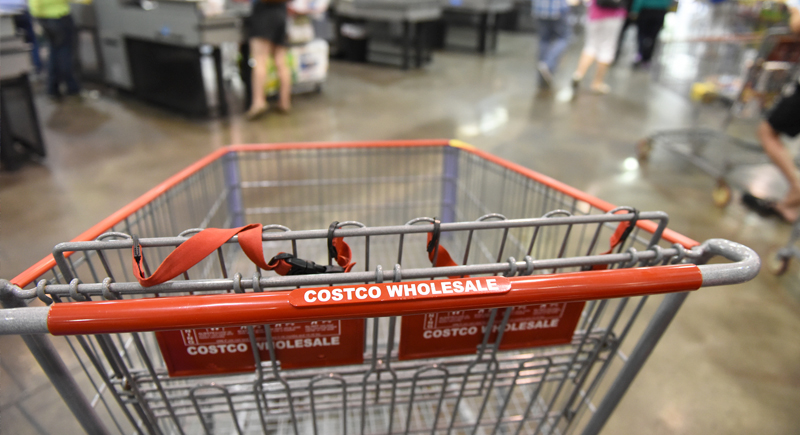
Credit: iStockphoto
ALDI is a goldmine for budget shoppers, offering great deals on most items. While Costco's bulk buys can be cost-effective, ALDI wins for everyday needs with smaller, more manageable sizes. Price check between these stores to find the best deals, but remember, ALDI is usually the top spot for savings. Even switching to shopping at ALDI for the bulk of your groceries can significantly trim your bill. And when you do opt for Costco, think long-term savings on items you really use.
Utilize Leftovers for Lunch
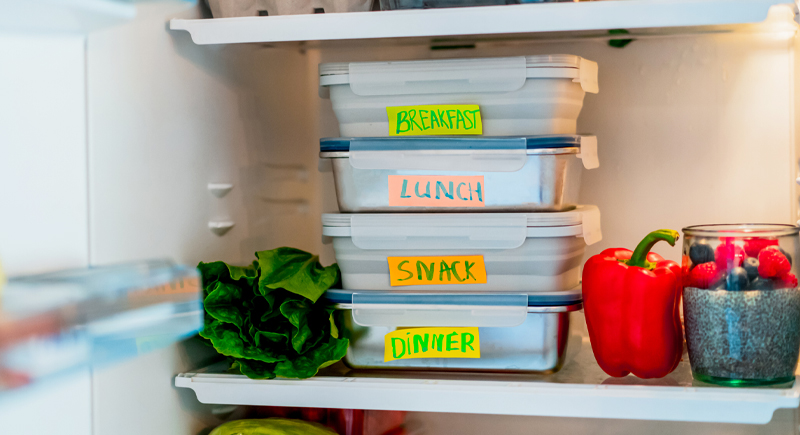
Credit: iStockphoto
Leftovers are the unsung heroes of frugal living. Packing yesterday's dinner for lunch saves you from spending on takeout. Get creative and mix things up to keep it interesting. A little garnish or an extra ingredient can turn leftovers into a meal you look forward to. Plus, it's a smart way to reduce waste and make the most of your groceries.
Champion Home-Cooked Meals
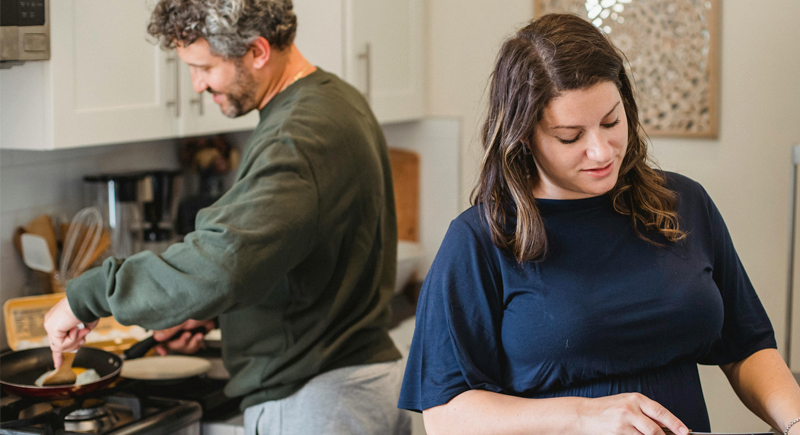
Credit: pexels
Home-cooked meals are not just cheaper; they're usually healthier, too. Cooking at home lets you control what goes into your food, avoiding hidden costs and calories. Keeping it simple is okay; not every meal has to be a gourmet affair. Find joy in preparing food and experiment with new recipes. A meal made with love beats a fancy restaurant dish any day.
Embrace Home Gardening
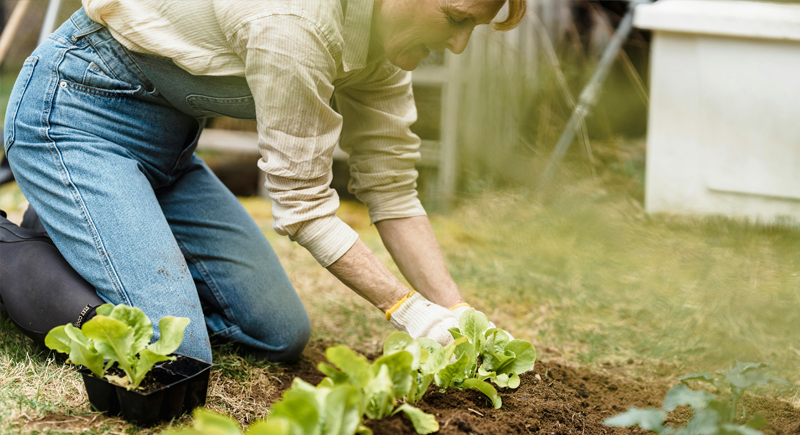
Credit: pexels
You don't need a big garden to grow some of your own food. Even a few pots on a balcony can yield herbs or veggies. It's rewarding to cook with ingredients you've grown yourself, and it saves money. Start small with easy-to-grow herbs or lettuce. Gardening is not just about saving; it's a relaxing hobby that can enrich your life in many ways.
Leverage Ethnic Grocery Stores
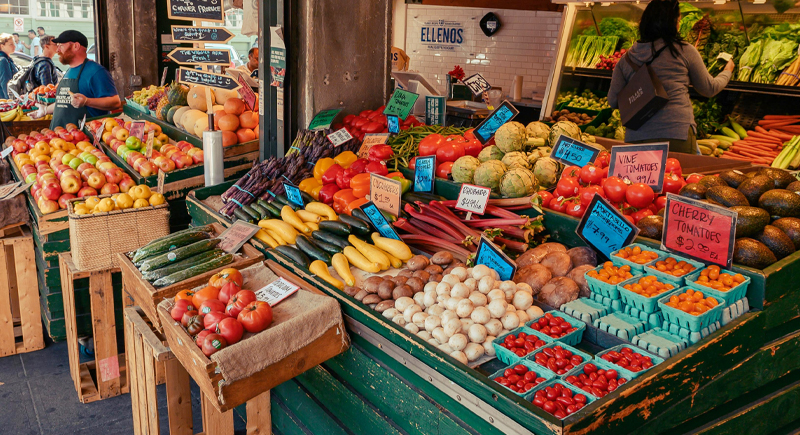
Credit: pexels
Ethnic stores are treasure troves for affordable spices, grains, and unique finds. They often offer better prices than big supermarkets, especially for bulk items like rice or lentils. Exploring these stores can also introduce you to new, budget-friendly recipes. Supporting local, family-run businesses feels good too. Plus, you might discover your new favorite food!
Bulk Cooking and Freezing

Credit: pexels
Cooking in bulk and freezing meals is a game-changer. It means you always have something homemade and budget-friendly ready to go. This approach saves time during busy weeks and keeps you from ordering pricey takeout. Experiment with recipes that freeze well, like soups, stews, or casseroles. It’s about being smart with your time and resources.
Public Transportation and Walking

Credit: pexels
Ditching the car for public transport or walking can slash your monthly expenses. Plus, it's good for the planet and your health. Walking or biking to nearby places adds valuable exercise to your day. When you do use public transport, look for passes or discounts to save even more. It’s a lifestyle shift that pays off in savings and well-being.
DIY Projects

Credit: pexels
Taking on DIY projects can be incredibly rewarding and economical. Whether fixing something, making gifts, or upcycling furniture, you'll save money and gain skills. Start with small projects and gradually take on bigger challenges. There’s a wealth of tutorials online to guide you. The sense of accomplishment from a DIY success is priceless.
Secondhand Shopping

Credit: pexels
Thrifting isn’t just economical; it’s an adventure. You can find quality clothes, furniture, and more at a fraction of the retail price. It’s all about the thrill of the hunt and the satisfaction of a great find. Shopping secondhand is also a sustainable choice, extending the life of items. Embrace the eclectic style that comes with mixing and matching unique pieces.
Free Entertainment Options

Credit: CNBC
Entertainment doesn't have to mean spending a lot. Free community events, parks, and online resources offer endless fun without the price tag. Host game nights, explore new hiking trails, or start a book club. Creativity is key when it comes to finding free entertainment. It's about making memories, not spending money.





